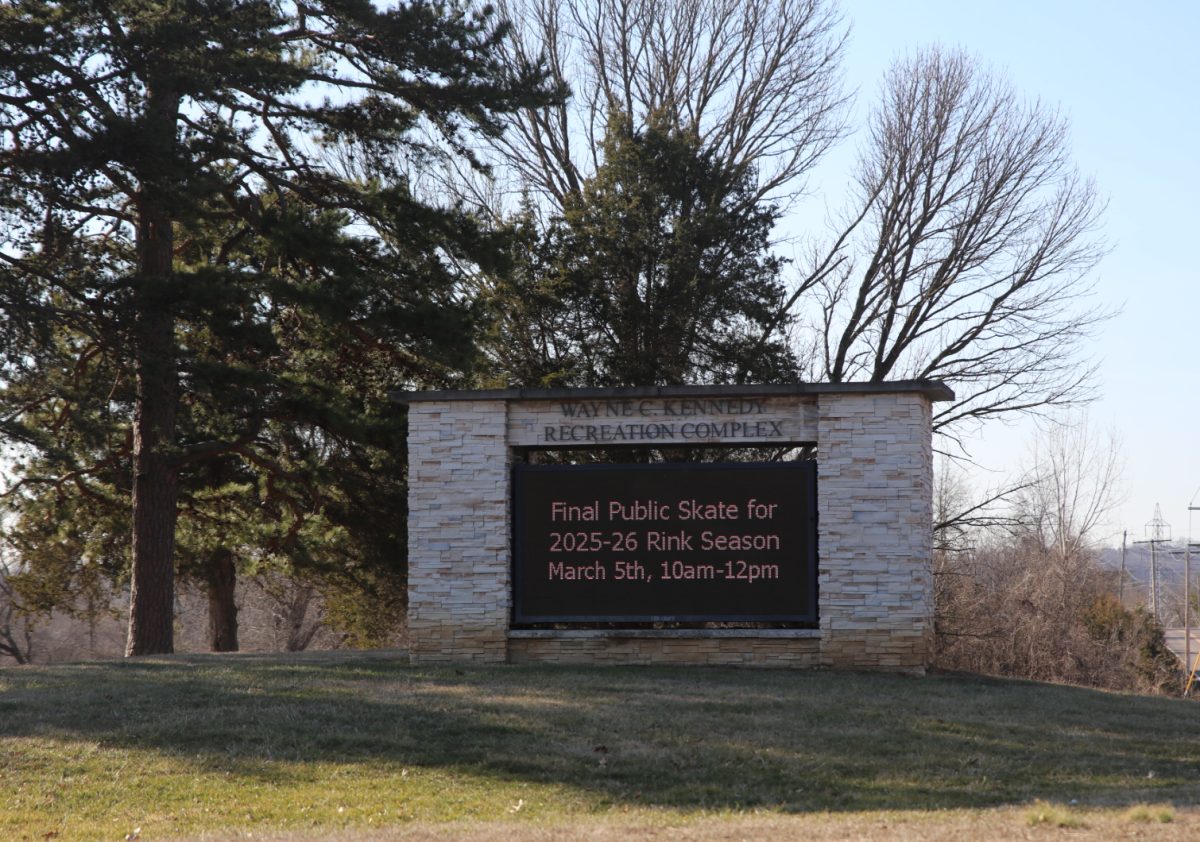Crestwood aldermen were scheduled this week to consider approving a 2009 budget that would utilize $687,785 in cash reserves to balance it.
City Administrator Jim Eckrich has recommended that the city dip into its projected Jan. 1 cash balance of more than $3.4 million to set the 2009 budget, which then is slated to have a surplus of $49,925 in revenues over expenditures. Without the use of reserves, Eckrich believes residents would see “a substantial reduction in services.”
The Board of Aldermen was set to vote on a second and final reading of the budget Tuesday night — after the Call went to press.
On Nov. 25, aldermen voted 6-1 to approve first readings of the 2009 budgets for the city’s general fund, capital-improvements fund and park and stormwater fund.
Ward 4 Alderman Steve Nieder voted “no” and Ward 3 Alderman Jerry Miguel was absent.
With the use of $687,785 in cash reserves to balance the 2009 budget, Crestwood’s cash reserve would fall to roughly $2.8 million by the end of 2009.
Among all funds, the proposed 2009 budget calls for $13,064,876 in new revenues — not counting the $687,785 use of cash reserves — and $13,722,736 in expenditures, more than $1 million greater than Crestwood’s 2008 budgeted expenditures of $12,676,109.
Eckrich projects a $2,050,439 balance in the general fund on Jan. 1 and a $2,100,364 balance on Jan. 1, 2010.
The 2009 general-fund budget anticipates revenues of $8,771,200 and expenditures of $8,721,275. The general-fund budget includes a $1,000 pay increase for all city employees. This equates to a roughly 2-percent pay increase for an employee making the city’s average pay.
“In today’s world, it seems that the cost of everything is increasing, and it does not seem right to me to ask employees to continue to perform their responsibilities without any increase in compensation,” Eckrich wrote in the 2009 budget. “I recommend that this salary is based upon an annual sum instead of a percentage of pay because I believe that employees who make the least are the ones most greatly affected by the increased cost of commodities …”
Expenses in the general fund include no increases in personnel and call for the elimination of two positions — assistant city administrator and management analyst.
Besides the $1,000 increase for all employees, some employees will see a greater pay raise due to promotions and corrections.
Accountant Douglas Brewer is promoted to finance officer and will receive an annual salary increase from $52,000 to $62,200. Brewer’s annual salary will rise to $64,000 upon his successful passage of the Certified Public Accountant, or CPA, exam.
Eckrich also is proposing personnel changes in the Public Services Department by recommending that his former position of public services director be split back into two positions — parks and recreation director and director of public works. Eckrich was promoted in July from public services director to city administrator.
While cutting the position of public services director would save $107,090, including benefits, Recreation Manager Amy Meyer will be promoted to parks and recreation director and Assistant Director of Public Works Dzenana Mruckovski will be promoted to director of public works.
Meyer’s previous position as recreation manager will be cut and her promotion will result in a net annual cost increase of $15,232, including benefits.
Mruckovski’s previous position as assistant director of public works also will be eliminated and replaced by an engineering technician at an annual cost of $45,000. Her annual salary will jump from $59,200 to $69,700. That salary would rise to $72,300 “once becoming fully functional in planning and zoning related matters, and then to a final salary of $75,000 once obtaining her professional engineer’s license.”
Additionally, Court Administrator Tami Trulove will receive a 2-percent annual salary increase, or $900, “because she should have been moved from 90 percent of her job value to 92 percent of her job value once she completed her probationary period in January of 2007.”
City Clerk Tina Flowers also will receive a 2-percent annual raise, or $1,100, plus $2,000. While her salary is being adjusted “to ensure that she is treated in the same manner as the Police Department employees who were raised from 88 percent to 90 percent of their job value,” she will also receive a $2,000 annual raise because of “increased responsibilities related to the supervision of the municipal court.”
The capital-improvements fund is projected to have a Jan. 1 balance of $885,554 and a Jan. 1, 2010, balance of $686,638.
The park and stormwater fund is projected to have a Jan. 1 balance of $477,337 and a Jan. 1, 2010, balance of $7,659.
While the proposed 2009 budget shows the use of $687,785 in cash reserves, Eckrich’s projected five-year plan predicts even greater annual shortfalls.
That five-year plan, which is based on a 2-percent annual cost increase and department heads’ individual five-year plans, forecasts combined major-fund annual shortfalls of $1.72 million in 2010, $1.61 million in 2011, $1.63 million in 2012 and $1.3 million in 2013.
Eckrich already has proposed one way of adding revenue by using funds collected through a successful 2006 tax-rate increase originally designed to pay off debt.
Officials would would retire the city’s remaining $1,570,980 in bonded indebtedness and then use the roughly $550,000 collected annually through Proposition S to build cash reserves.
Prop S, which currently taxes residents at a rate of 16.9 cents per $100 of assessed value, expires in 2013.
Should officials decide to retire the city’s bonded indebtedness in 2009 by using cash reserves, the projected general-fund cash reserve on Jan. 1, 2010, would drop from Eckrich’s initially estimated level of $2,100,364 down to $1,007,337.
But according to a statement from Eckrich in the 2009 budget, “Please note that retirement of the Proposition S bonds would benefit the city in a number of ways … The city would no longer be restricted to cash reserves less than 5 percent of our operating expenditures … Due to the Proposition S retirement, the general fund would actually be projected to operate with a substantial surplus during 2009 and 2010 and a slight surplus during 2011.”
Without the use of Prop S funds in this manner, Eckrich wrote, “I would estimate general-fund expenditures will overtake revenues sometime between 2010 and 2012.”
Crestwood’s bond agreement with Royal Banks of Missouri contains an Internal Revenue Service provision that allows the city to keep a general-fund balance of no more than 5 percent of its lowest monthly balance of the year. The 2009 budget reports that a monthly cash-flow analysis shows a low balance of $1,861,264 in March.








